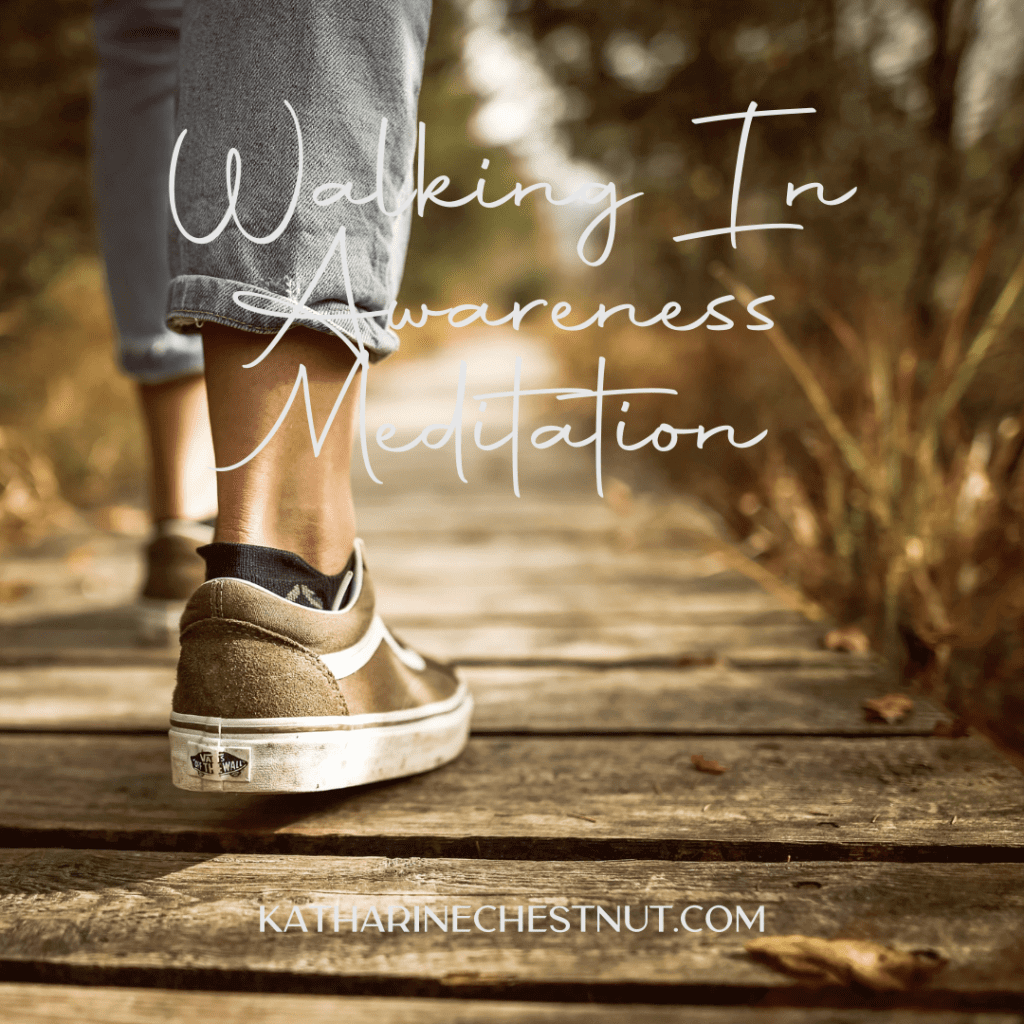
Relishing in the Freedom of Solitude
Everyone needs solitude, and even individuals in the happiest of pairs need alone time. I didn’t realize it until later in life that I was an ambivert (someone who is a balance of extrovert and introvert qualities). And as such, I need both social and solo time.
Why Solitude Seems Scary
I don’t know about you, but I grew up learning that extroverts had it right. Being outgoing, sociable, and super-connected was key to succeeding in today’s world.
Or so I thought.
We’ve learned that while humans are wired for connection, solitude is really important—even for the most gregarious of extroverts. Being alone can be scary for some of us, and there are more than a few good reasons for that. We know that solitary confinement can alter the brain significantly.
We also grow up learning to be more extroverted. My parents modeled how to be an extrovert, as were a lot of Americans … in fact, we’re taught that “loners” are kind of weird.
This is something that’s been researched, and some experts actually believe “that solitude is ‘more devalued than it has been in a long time.” In one study, “several participants, a quarter of the women and two-thirds of the men, chose to subject themselves to electric shock rather than be alone with their thoughts.”
In some ways, we fear the practice of facing ourselves. What I’ve personally found through my solitude is something profound. I would argue that’s where we find our inner wisdom. By honoring being with ourselves.
Let’s take a look at some of the benefits of solitude.
Care of Self vs. Self-Care
Maybe the thought of alone time is incredibly foreign to you. You may have come from a large family or run a big household of your own.

The great thing about starting a practice of solitude is the freedom that comes from it. Making space for yourself isn’t just an act of self-care, it’s caring for yourself. Especially when you live in a busy household and tend to others’ needs first on a frequent basis.
Solitude is self-love. And I bet you’ll find that experiencing solitude means you can love and appreciate the other people in your life more, when you are connecting with them. Solitude has the potential to be healing.
“Solitude can be restorative,” writes Brent Crane for The Atlantic. When you make time and space for yourself, whether it’s through walking or meditation, you give yourself more opportunity for this restorative healing.
Perhaps that’s because when we’re alone, we can get distance from other people or problems, and see things with a bit more perspective. “It really lifts you out of problems,” says sociologist Jack Fong, who has studied solitude. “When people take these moments to explore their solitude, not only will they be forced to confront who they are, they just might learn a little bit about how to out-maneuver some of the toxicity that surrounds them in a social setting.”
Ways to Spend Alone Time
Over the years, I’ve learned how to create ways to to get alone time. I just needed to recognize the right opportunities. If you’re looking for more ways to be alone, there are a few tried-and-true methods that have worked for me.

- Meditating: I’m a huge fan of pausing during the day at work (or even in a busy airport!) and meditating. It really is just slowing down and taking the time to breathe. If you feel like meditation is difficult and need a way to focus, a guided meditation might support this practice.
- Journaling: I make time nearly everyday for my journaling practice, and I help others cultivate a habit of journaling, too, because I’m such a big advocate. Writing out your thoughts can be a great way to express yourself and get out of your head. (Can’t seem to get started with journaling? Get all the support and resources you need by getting the guide to my journaling practice.)
- Music: Who doesn’t love a solo dance party in the kitchen or cleaning to the tune of your favorite playlists? Listening to music is a fun way to spend some alone time, plus no one will judge you if you sing off-key. :)
- Walking (or other exercise): I’m lucky enough to live and work near a beautiful greenway, so I take the time to go on walk breaks when I can. I’m also a huge fan of cycling—it has a way of clearing the cobwebs away in my brain.
- Reading: If you’re already an avid reader, you know what it’s like to be invested in a good book (I ❤️ my Kindle Unlimited account). Solitary reading time has other benefits: “Reading can offer richer, broader, and more complex models of experience, which enable people to view their own lives from a refreshed perspective and with renewed understanding,” says Dr. Josie Billington for Fast Company.
Bringing Balance Through Solitude
I want to reiterate that we need community and other people! It’s what makes the world go around (and I own and operate a coworking community, so it’s a huge part of my world). While I love all the members within this community, I make sure to have time for me during the day too.
Without tending to our inner lives, the outside world can get noisy. Take time to find the perfect balance for you.
How will you spend your alone time?





